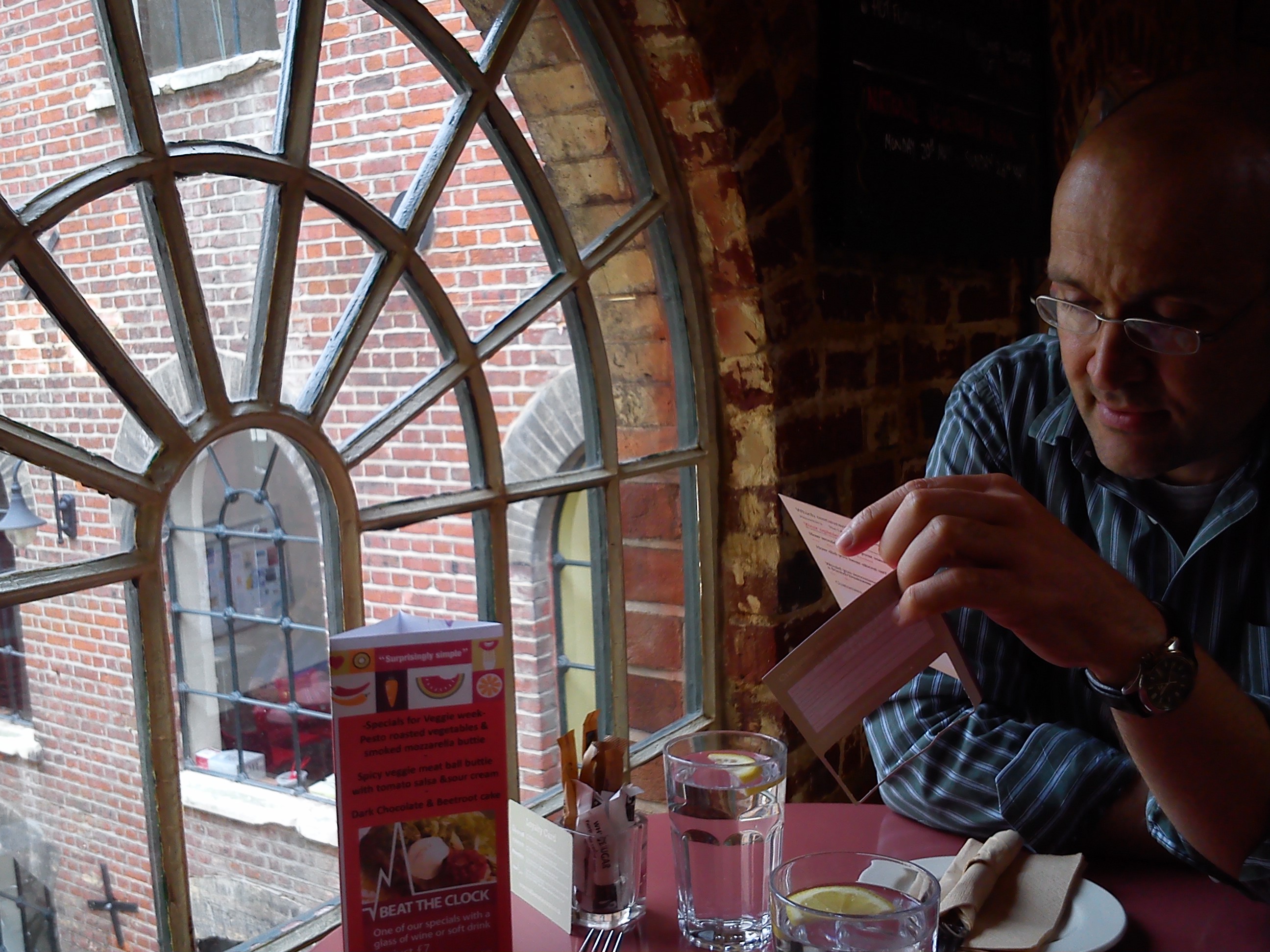Moral Bankruptcy – Bible study for Sunday 21st October 2012
1. David’s adulterous affair with Bathsheba and the murder of her husband had long lasting effects. It could be argued that David was left ‘morally bankrupt’ as a result of his actions – he appeared to struggle to give authoritative moral guidance after the affair.
This Bible study is designed to help us explore the on-going effects of David’s moral bankruptcy on his children, his countrymen and himself. From time to time we all stumble and get things wrong. As an opening question: can you think of an example of a ‘modern David’ – a person in authority who has erred with disastrous effect?
2. The effect of moral bankruptcy on those who depend on you…
In 1 Samuel 13, we read the horrific account of David’s son, Amnon, raping David’s daughter, Tamar. David’s lustful and selfish treatment of Bathsheba might well have influenced Amnon’s behaviour.
To what extent are we influenced by the behaviour of our parents/guardians? Is this a reasonable excuse for sinful behaviour?
Would it have been possible for David to intervene and bring Amnon to justice for his crimes? (NB in this question, consider David’s access to God’s Law. The Law was unalterable and not dependant on David’s goodness.)
Absalom suffered greatly: his sister was raped; in all likelihood, his 3 sons did not survive their infancy (cf. 2 Samuel 14:27 + 2 Samuel 18:18). Was David right in his attempt to show Absalom mercy (2 Samuel 18:5)?
3. The effect of moral bankruptcy on fellow countrymen…
The Bible implies that David’s countrymen believed God had abandoned him because of his behaviour (Psalm 3:2). David, however, relied on God’s grace and he clearly understood the pivotal importance of genuine repentance (Psalm 51:16-17).
If you were asked to define ‘grace’, how would you do it? Christians sometimes experience a ‘cycle’ of sinful behaviour: they sin, genuinely repent and then find themselves sinning in the same way again. What steps can a Christian take to break this cycle? (NB in this question, consider David’s words in Psalm 51:12 – David, perhaps, realised he was seeking joy and satisfaction from a source other than God. When we fully find our joy in God, sinful behaviour loses its appeal.) How does worship help us to find our joy in God our Father?
4. The effect of moral bankruptcy on ourselves…
It is fascinating to read through chapters 12-19 of 2 Samuel and to see how David becomes ever weaker and more uncertain of his course. In 2 Samuel 23, David utters his last words; they take the form of a Biblical ‘oracle’. Mary J. Evans, a theologian, wrote these words about verse 5 of that chapter:
“Verse 5, although it is phrased in questions that appear to expect a positive answer, is an expression of hope rather than of certainty.”
(New International Bible Commentary, 1 and 2 Samuel, Hendrickson Publishers, 2000, p.239)
Is it possible for Christians to be certain about God’s promise of the ‘everlasting covenant’? (Consider Ephesians 1:13-14 + 2 Corinthians 1:21-22.)





